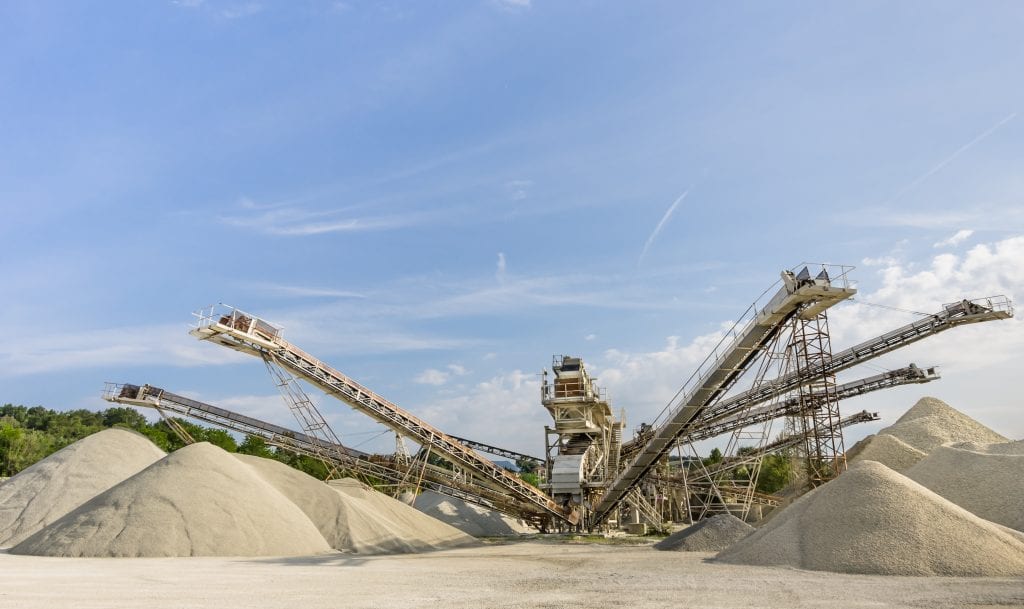Matec has developed a wide knowledge in the aggregates sector, as our machines for the water treatment were born to work with aggregates, materials which are not easy to handle. This is why we created a range of machines to wash aggregates, to manage the whole process, and to guarantee the best output from the washing system and the water treatment plants.
Aggregates, including materials like gravel and sand, are essential components in construction, often requiring washing to remove silt and recover fine particles. The water used for washing is typically recycled using settling ponds, where heavier particles settle and are later collected. However, this process requires significant space and resources, as the sediment must be removed with equipment like excavators and trucks, adding to operational costs.

For the aggregate production industry, managing washed aggregates can be costly, given the need for large areas to house settling ponds and handle material disposal. Furthermore, water recovery is essential, particularly in arid regions where water resources are limited. With traditional methods, large areas are required to manage settling ponds, increasing both environmental impact and space usage.
The Matec filter press offers an efficient alternative by eliminating the need for settling ponds. This technology produces dry cakes of collected sediment, making it easier and more cost-effective to store and dispose of waste. Additionally, the filter press recovers water, providing a sustainable solution for areas with limited water availability.
Aggregates encompass a wide range of materials used in construction, such as sand, gravel, expanded clay, vermiculite, and perlite. They can be found in composite materials like cement and bituminous conglomerates and can be classified into:
With ChemREADY’s advanced solutions, aggregate producers can optimize material recovery, manage costs, and contribute to sustainable practices in resource-constrained areas.
Aggregates are materials like sand, gravel, expanded clay, and perlite used in construction. They’re found in composites such as cement and bituminous conglomerates.
Washing removes fine particles and silt from aggregates, improving their quality for construction applications. It also enables recycling of the water used in washing.
Traditional methods use settling ponds, which require large spaces and costly equipment to remove sediment. This process also increases operational costs.
The Matec filter press replaces settling ponds by producing dry sediment cakes, which are easier to handle and dispose of. It also recovers water for reuse, saving resources and reducing costs.